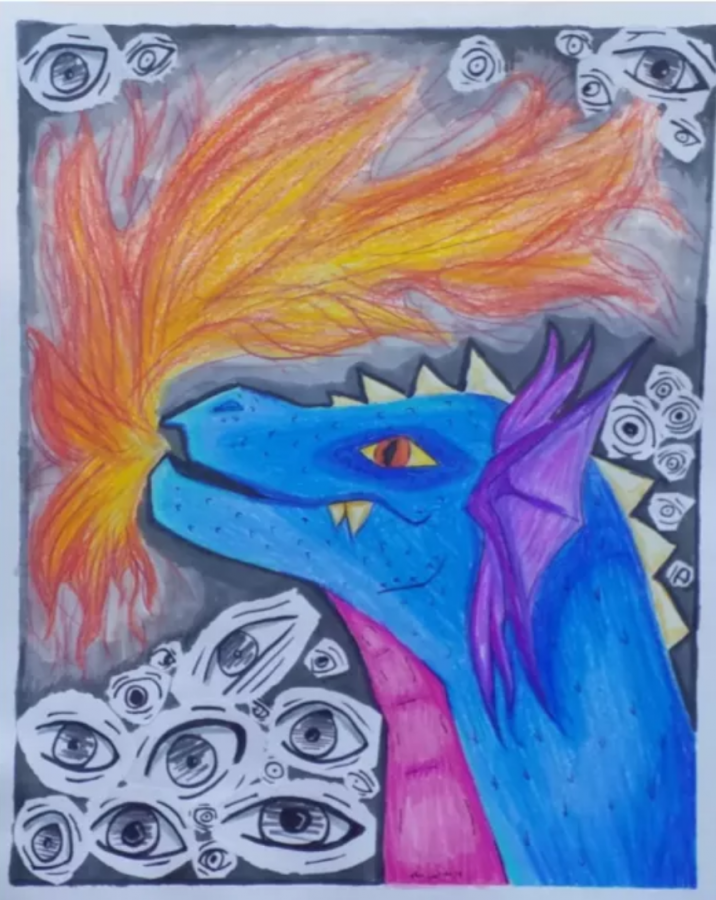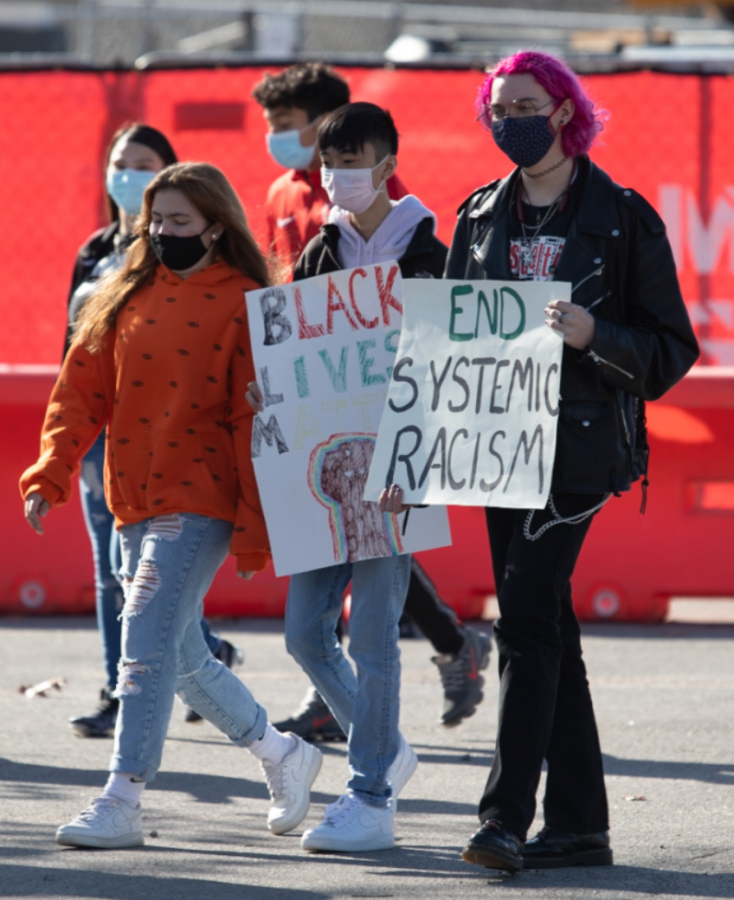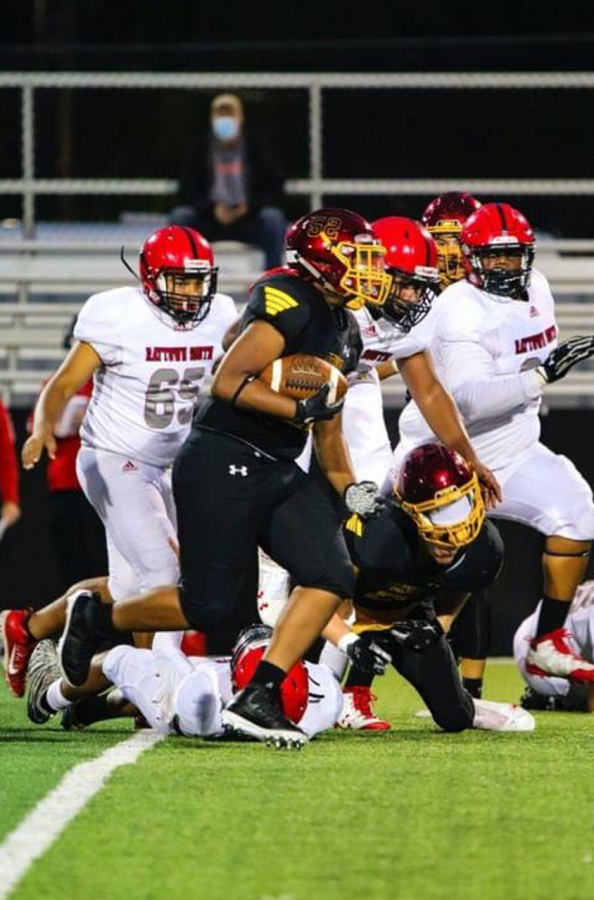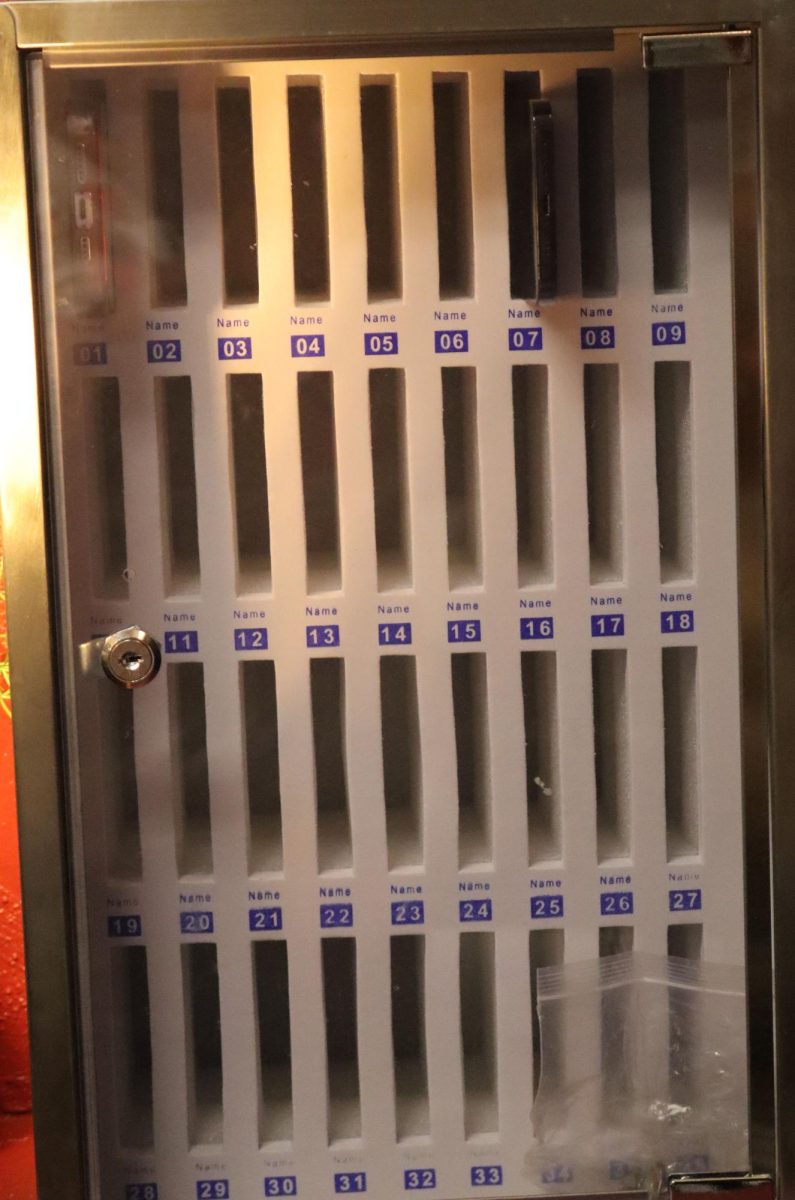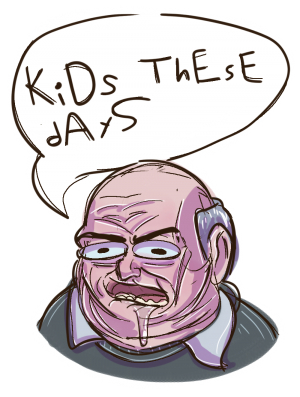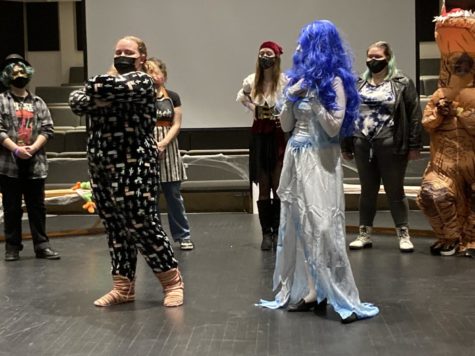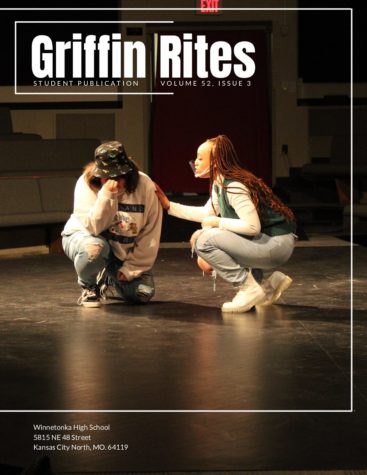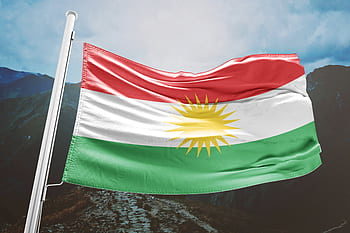Civil war in Iraq
October 5, 2022
Civil War in Iraq?
Firefights in the streets of Baghdad and within the Green Zone of parliament. More than 30 people have been killed in clashes on August 29.
Muqtada Sadr is a Shi’ite cleric and leader; Shias are the second largest sect in Islam. Sadr has opposed the Iraqi leadership since Saddam Hussein who was the dictator of Iraq and committed genocide of more than 250,000 Kurds and thousands of Shias. He opposed the US influence in Iraq. According to News Day Express, Sadr said, “Saddam was the little serpent, America is the big serpent.”
In recent years, Sadr gained power in the Iraqi parliament and has organized peaceful protests throughout Baghdad and other major cities. He has surpassed sectarian lines and united many of the dispossessed and impoverished people of Iraq under a banner against the government. The News Day Express reported that Sadr accused the government of stealing funds and abusing the power invested in them by the people.
His followers peacefully took control of the parliament building in the Green Zone of Baghdad without any opposition or bloodshed last month, according to Al-Jazeera.
On August 28, Sadr tweeted that he was “retiring from politics” and disappeared from public view. As a result, Sadr’s supporters clashed against those who opposed his movement. With Sadr’s withdrawal from leadership, Baghdad broke out into violence.
On August 30, Sadr tweeted calling for an end to protests and violence. Since that tweet, an uneasy calm has settled over Baghdad.
The father of Ahmad Al-Budair, a junior at Winnetonka High School, immigrated from Iraq in the early 1990s after the Gulf War and became a U.S. citizen. He currently resides in Iraq. “My father is not in Baghdad, so I am not worried for him,” Al-Budair said. When asked what he thought of Sadr and the protests, Budair said, “He [Budair] wants Iraq to be like Iran’s regime under Khomeini. He obviously supports Khomeini.” Ayatollah Khomeini ruled as the former Supreme Leader of Iran from 1979 to 1989.
At this time, Iraq is as split as ever. Fractions formed within Shia groups. Coalitions created between once opposing factions. Violence and death in the street contributed to an uneasy and fragile calm.
“They are all corrupt,” Budair said. “The government falls apart more and more every day and he [Sadr] isn’t making it better. They [Sadrists] just want to turn Iraq into an anti-American state so America can come and destroy Iraq again.”






